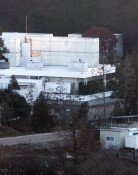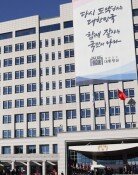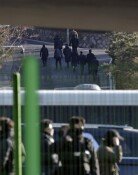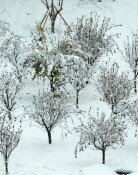`The Two Koreas` being read again by U.S. Ambassador to Korea
`The Two Koreas` being read again by U.S. Ambassador to Korea
Posted March. 10, 2015 09:16,
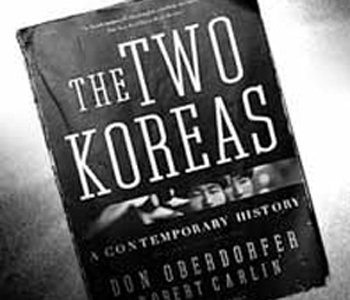
"The Origins of the Korean War" written by Bruce Cumings in 1986 was evaluated by scholars as a book that overcame conventional research biased toward anti-communism and penetrated into structural origin of the Korean War. Cumings analyzed colony, cold war, and conflict between difficult social classes in Korea, and widely spread also to South Korean society a "revisionist" view of history suggesting that South Korea instigated North Korea to invade into the South. However, after the fact that the North invaded into the South was confirmed through classified documents from the former Soviet Union discovered at Russian archives, the theoretical ground of Cumings argument was dismantled.
Prof. Yoon Young-kwan of Seoul National University, who served as a foreign minister during the liberal Roh Moo-hyun administration, evaluates "The Origins of the Korean War" as a book that a foreigner compiled after digesting a massive volume of materials with enthusiasm about Koreas issues even stronger than that of Koreans. Another book that Yoon gave high marks is "The Two Koreas" written by Don Oberdorfer, a professor of Johns Hopkins University and former Washington Post reporter. This book not only presents accounts on South and North Korean history after Koreas liberation from Japans colonial rule but also analyzes how world powers influenced on conflict and tension between the two Koreas, and is considered a must read book for people studying history of politics and diplomacy on the Korean Peninsula.
Oberdorfer, a graduate of prestigious Princeton University, visited South Korea for the first time during the Korean War as a lieutenant for a U.S. artillery unit. The preface of his book shows children in poverty begging U.S. soldiers for food in Busan, trying to avoid surveillance by military police, during the war. Based on long-term investigation and study he conducted as a journalist, he also wrote books on the Vietnam War and Cold War diplomacy between the U.S. and the Soviet Union.
U.S. Ambassador to South Korea Mark Lippert, who has remained hospitalized at Yonsei University Severance Hospital in Seoul since being attacked, is carefully reading "The Two Koreas" once again. The embassys public information officer said Lippert read this book in the past, but the U.S. envoy is reading the book once again to recall the history of the Korean Peninsula and learn what happened in modern day South Korea. While struggling for survival after being slashed by Kim Ki-jong at the heart of Seoul, he would have thought to himself that he needed to understand Korea better. We Koreans were born and are living in Korea, but I wonder how accurately we know about "The Two Koreas."
swpark@donga.com



